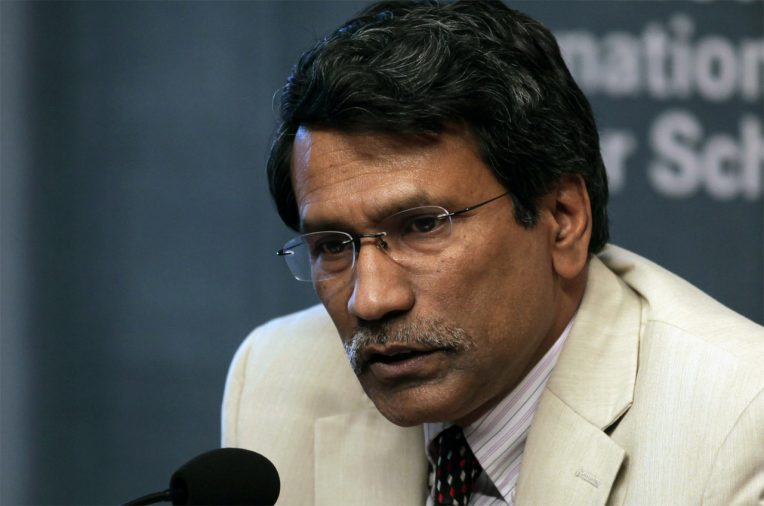Distinguished Professor Ali Riaz has been interviewed by the Bengali news portal of the German international media Deutsche Welle (DW), quoted in a report of the DW, and published a commentary in the Daily Star of Bangladesh about the democracy indices and the state of global democracy.
Riaz noted that democracy has been facing a serious erosion since 2006 and that 2024 may decide the future trajectory of democracy. The year has been dubbed as the year of election, as 64 countries and the European Union will be holding elections through the year. Riaz, in his interview with the DW, said that although the world is facing the third wave of autocratization, in the long run there would be a reversal of the situation.
In a news report on the state of democracy, Riaz was quoted as saying that on previous occasions, the democratic wave was successful because countries such as the United States had upheld the ideals of democracy and was engaged in democratic promotion. Therefore, whether the current downturn can be reversed partly depends on the U.S. election in November and the election of the European Parliament in June, according to Riaz.
Riaz’s commentary in the Daily Star explores the state of democracy in Bangladesh considering the recently published democracy report of the Economist Intelligence Unit (EIU). According to the EIU report, Bangladesh’s ranking has gone down two notches from 73 in 2022 to 75 in 2023. The EIU has once again classified the country as a Hybrid Regime. Riaz insists that the EIU report does not provide a complete picture. Indices published by the V-Dem Institute described the country as an “electoral autocracy,” while Bertelsmann Foundation, in its 2022 report, described the country as a “moderate autocracy.”

